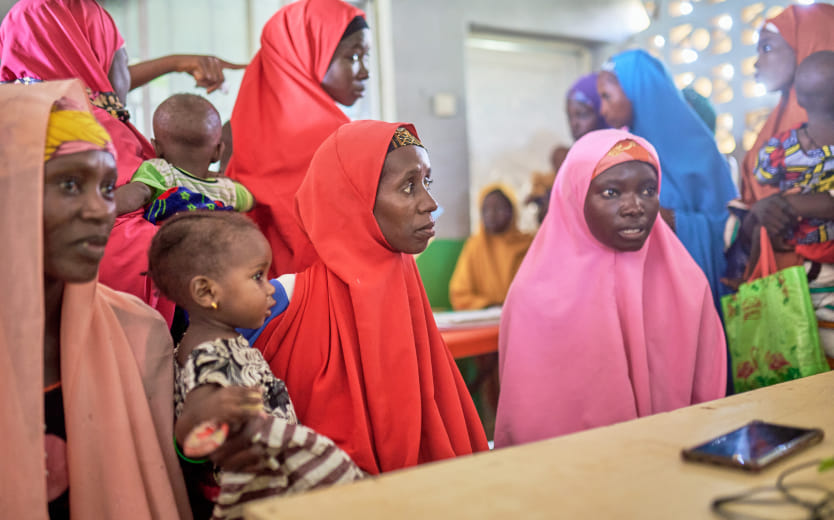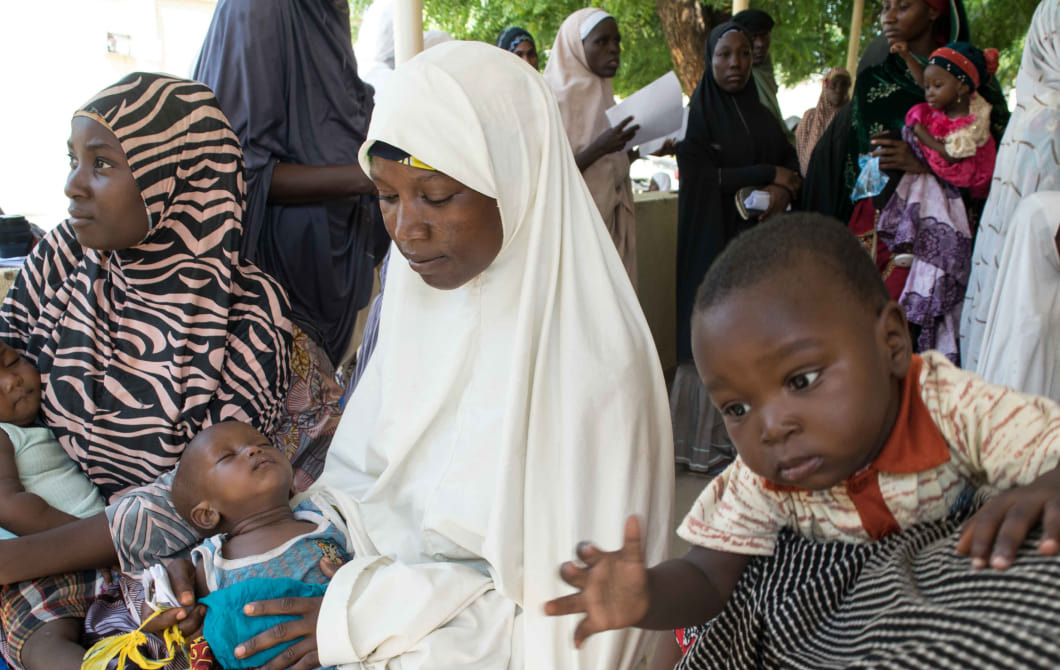In many parts of the world, including Nigeria, maternal health remains a critical issue. Pregnant women and new mothers often face barriers such as inadequate access to quality healthcare, limited awareness of postnatal depression, and difficulties balancing work, childcare, and self-care. In marginalized communities, these challenges are compounded by economic constraints and limited healthcare infrastructure.

Similarly, access to accurate and reliable maternal and newborn health information is another crucial factor, with many women struggling to find trustworthy, accessible guidance on prenatal and postnatal care. Without adequate knowledge, risks such as stillbirth, maternal complications, maternal and newborn mortality increases. While there seems to be general information about maternal and newborn health, it is important to separate myths from facts.
According to Gloria Dabo, Healthcare Worker in Abuja, Nigeria, “Women should be educated, especially those who have given birth before, to understand that every pregnancy is unique and requires monitoring.” She advises women to prioritize early antenatal saying, it is key to preventing unforeseen complications.
Also, it is pertinent to expand mental health support for mothers as postnatal depression remains a largely unaddressed issue, particularly in marginalized communities where mental health resources are scarce. Many women experience emotional distress following childbirth but lack the support necessary to navigate these challenges.
Corroborating this thought, Simon Esther, a pregnant woman sought for more awareness on postnatal depression. She said, “Many women, especially in rural areas, don’t even know it exists. Men should be encouraged to attend antenatal classes so they can better support their wives during and after pregnancy.”
By increasing awareness and access to maternal mental health resources and encouraging community engagement, and education about postnatal depression, we can also help reduce stigma and ensure more mothers receive the care they need.
Emphasizing how important maternal and child health is, a nursing mother, David Jane enthused that, “a woman will never forget how she was treated during pregnancy and after childbirth. This is a crucial time when she needs the most care, rest, and support from family, employers, and society.” Thus, strengthening healthcare access for mothers and newborn is essential for building healthier communities.
Key stakeholders have continuously called on governments to provide necessary equipment in hospitals, especially the government-owned ones. According to Gloria Dabo, “Many mothers go there to access care, but crucial tools like ultrasound machines for monitoring pregnancies aren’t available. Early detection of complications can save lives.”
In line with the theme of this year’s commemoration of World Health Day, WHO urged governments , private sectors, Non-Governmental Organizations and the health community to ramp up efforts to end preventable maternal and newborn deaths, and to prioritize women’s longer-term health and well-being. eHealth Africa for instance, is leveraging data-driven solutions to bridge critical gaps in healthcare access. Through the Accelerating Nutrition Results in Nigeria (ANRiN) intervention Project, the organization was able to enhance access to essential nutrition services for pregnant and nursing mothers. Proper nutrition plays a vital role in maternal well-being and the healthy development of newborns, reducing risks of complications during pregnancy and childbirth.
Additionally, our Vaccine Direct Delivery (VDD) ensures that essential vaccines reach underserved communities, safeguarding maternal and newborn health. By improving access to life-saving vaccines, we are helping reduce the risks of preventable diseases that can lead to newborn mortality and complications.
Our collaboration with Jacaranda Health will will also go a long way in empowering frontline health workers with digital tools and real-time guidance. This intervention will help ensure timely, high-quality care for mothers throughout their pregnancies and beyond, improving maternal and newborn survival rates.
As we observe World Health Day 2025, we are reminded of the importance of maternal and newborn health, particularly the challenges mothers face from pregnancy through early childhood. At eHealth Africa (eHA), we are committed to improving access to healthcare in underserved communities, including services that support women and children.
Healthy beginnings lay the foundation for hopeful futures for mothers, children, and entire communities. Join us in advocating for better maternal health outcomes and supporting the well-being of mothers everywhere.
Happy World Health Day!


